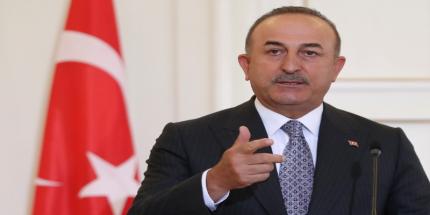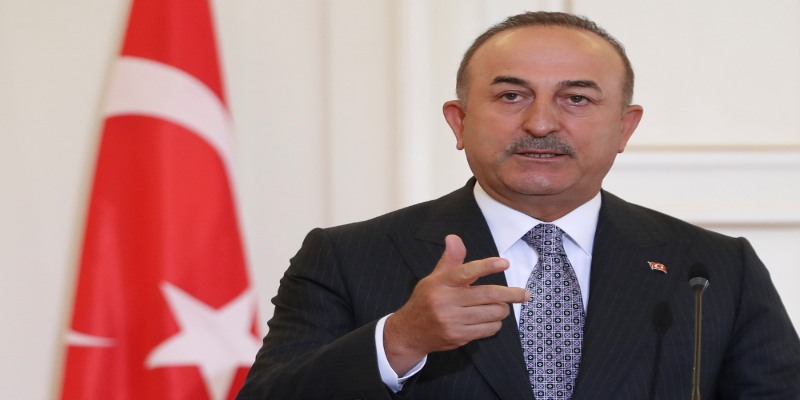Get free consultation
Fill out the form and we will contact you
Turkish people are renowned for their hospitality, strong connection to tradition, and open, generous nature. Living at the crossroads of Asian and European civilizations, they embody a unique blend of deep Eastern cultural values and modern Western lifestyle. Understanding the personality and way of life of Turkish people can help you adapt more easily when traveling, studying, or settling in the country.
Turkish people, also known as Turks, are recognized for their hospitality, national pride, and openness. According to a 2024 survey by Sabancı University, 78% of Turks consider family and community as core values, often reflected in frequent communal meals or gatherings with friends. Their hospitality is so renowned that international visitors are often offered Turkish tea or coffee when visiting local homes.
Turkish people are very hospitable
Turkish people also possess a resilient spirit, shaped by a long history from Central Asian nomadic tribes to the powerful Ottoman Empire. They have a deep appreciation for art, music, and cuisine, with folk dances like halay and traditional dishes such as döner kebab being national prides. According to the Turkish Ministry of Culture and Tourism, over 55 million visitors explored Turkish culture in 2024, drawn by the warmth and diversity of its people.
The lifestyle of Turkish people varies by region. In major cities like Istanbul, Ankara, and Izmir, residents lead a modern lifestyle, working in sectors such as technology, fashion, and tourism. According to the Turkish Statistical Institute (TÜİK), 65% of the urban population belongs to the middle class and enjoys activities like watching Turkish TV series, visiting cafes, or attending music festivals.
The lifestyle of Turkish people varies by region
In contrast, in rural areas such as Cappadocia or the Black Sea region, Turkish people maintain traditional lifestyles closely tied to agriculture and handicrafts. They often participate in local markets selling products like handwoven carpets and pottery. According to the Turkish Handicrafts Association, workshops in Urfa and Gaziantep contributed 15% of the country’s handicraft revenue in 2024.
Most Turks follow Islam (98%, according to TÜİK 2023), but they practice their religion flexibly. Holidays such as Ramadan and Kurban Bayramı (Sacrifice Feast) are times for family reunions, sharing food, and giving gifts. Turkish people are also known for unique customs, such as giving nazar boncuğu (blue eye amulets) to ward off bad luck, or pouring water behind someone who is leaving as a gesture of good fortune.
Turkish people have a friendly yet straightforward communication style. They often use body language, such as a warm handshake or a smile, to express a welcoming attitude.
According to research from Boğaziçi University, 82% of Turks value honesty in communication, but they also skillfully avoid offending others. In business, they place great importance on personal relationships and often invite partners to share a meal to build trust.
Turkish people are also highly creative and passionate about the arts. Turkish TV series, such as Kızılcık Şerbeti and Yalı Çapkını, have captivated audiences worldwide, reaching over 700 million viewers in 150 countries in 2024, according to TRT. Additionally, Turkish artisans continue to preserve traditional crafts, such as calligraphy and Iznik pottery, recognized by UNESCO as cultural heritage.
Turkish people are creative and passionate about the arts
Turkish people have a large diaspora, especially in Germany, France, and the Netherlands, with over 5 million people of Turkish origin living in Europe (according to Eurostat 2024). They bring Turkish culture to the world through restaurants, festivals, and events such as Turkish Culture Day in Amsterdam. On the international stage, individuals like scientist Özlem Türeci (co-founder of BioNTech) and footballer Hakan Çalhanoğlu have enhanced the image of Turkish people.
Events like the Istanbul Culture Summit (June 2025) and the Antalya Global Forum (August 2025) provide opportunities for Turks to share their cultural identity and connect with the global community. These activities not only promote the image of Turkish people but also attract investment and tourism, with tourism revenue reaching 40 billion USD in 2024, according to the Turkish Ministry of Tourism.
If you want to learn more about Turkish people and explore the dream of a global lifestyle, visit quoctichthuhai.com for guidance on international residency programs. Second Citizenship is ready to assist you in obtaining Turkish citizenship, opening the door to a secure and prosperous future!
Fill out the form and we will contact you



